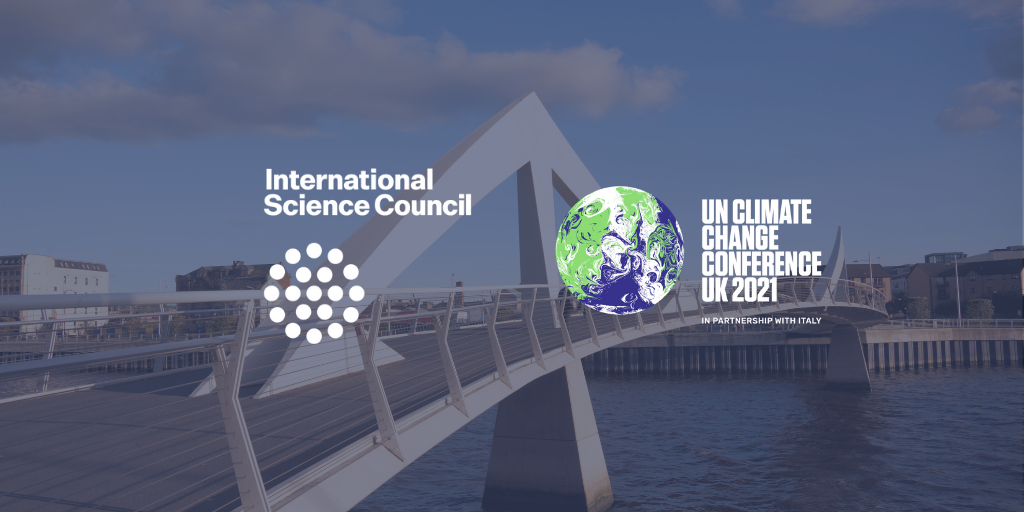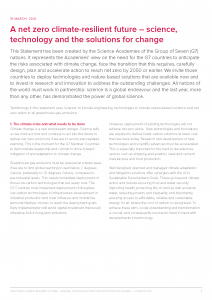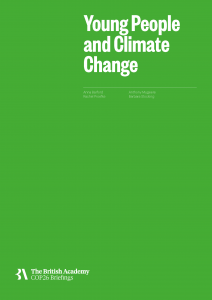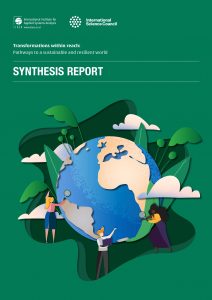
2021 is a pivotal moment to transform to more sustainable, more resilient societies and economies, informed by the latest scientific knowledge. With a new global framework for biodiversity expected to be adopted at the UN biodiversity conference (COP15) in Kunming, China, in October 2021, and the UN climate change conference COP26 taking place in Glasgow, UK, this November, 2021 will be decisive for the urgent action needed to curb dangerous climate change.
The ISC has launched a dedicated science portal – Transform21 – to share news and opinions from its network of scientists and change-makers on the way to COP26 and COP15.
As part of the portal, the ISC is delighted to announce that it is working together with the incoming UK Presidency of COP26 to curate material related to the conference.
This will include blogs and interviews, as well as reports from the ISC’s Members, affiliated bodies and broad scientific network.
“Policy-makers — and other key stakeholders in the fight against climate — need the support of scientists to continue to hold us to account and ensure that our efforts to tackle climate change measure up to the problem. We need to bring more scientists into boardrooms and into the heart of policy making. COVID has shown us just how important science-based policy making is. But the onus isn’t just on scientists. We need industry and policy makers to ensure that climate initiatives are developed in line with the latest scientific advice.”
Nigel Topping, UN High Level Climate Action Champion for COP26. Read the full interview with Nigel.
The ambition is to make the Transform21 global science portal into a hub for information and ideas coming from the global scientific community that will serve as a useful resource for policy-makers and other stakeholders on their way to COP26.

Curbing greenhouse gas emissions in line with the Paris Agreement will require greater action from all stakeholders – policy-makers, cities, regions, businesses, investors and society-at-large.

Climate scientists: concept of net zero is a dangerous trap
Carbon dioxide removal technologies remain largely untested, and are not a substitute for the immediate and radical cuts to greenhouse gas emissions required to keep humanity safe.

Designing responsible policy pathways for a zero-carbon transition
As countries worldwide make plans for a green recovery from COVID-19, we explore some of the characteristics of policies that can support lasting change towards reduced carbon emissions.

A net zero climate-resilient future – science,
technology and the solutions for change
Published by The Science Academies of the Group of Seven (G7) nations

Young people and Climate Change
By Anna Barford, Anthony Mugeere, Rachel Proefke and Barbara Stocking. Published by the British Academy.

Transformations within reach: Pathways to a sustainable and resilient world
Published by the International Institute for Applied Systems Analysis (IIASA) and the International Science Council.
ISC Members and Affiliated Bodies are invited to share their resources relevant to COP26 and to propose blogs and other content to be shared on the portal here.